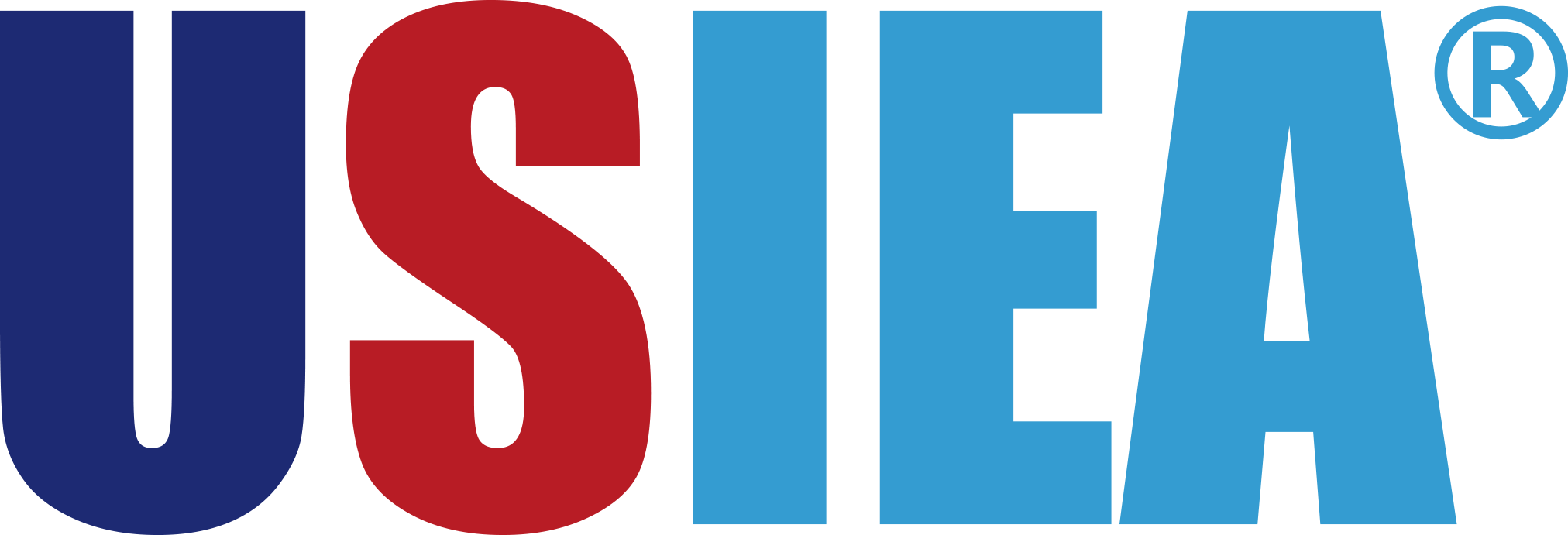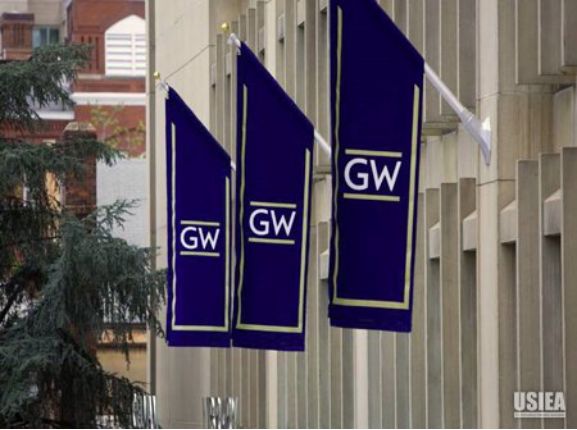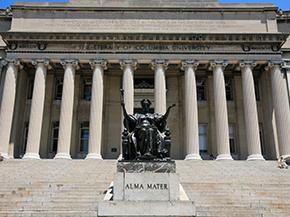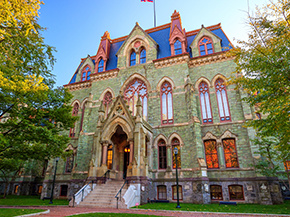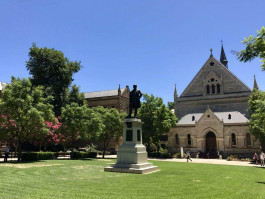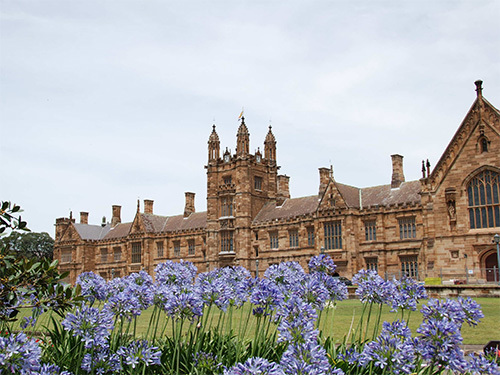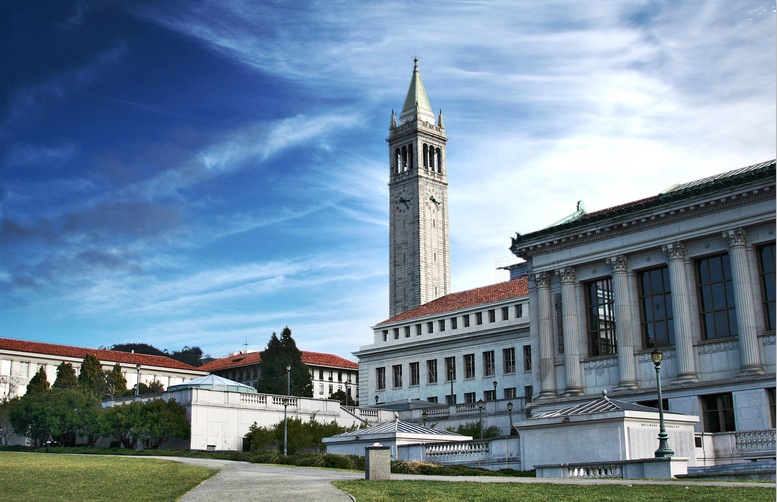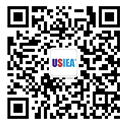Source of Image: George Washington University
Program Dates and Courses
Students applying for the 2019 GW Summer Programs may select two types of programs: General Study Program or Summer Research Experience.
›› General Study Program
Dates: July 1 – August 10, 2019
GW offers more than 650 courses from over 100 academic areas for students admitted in its summer program. Undergraduate students are required to choose 2 courses for 6 credits, and graduate students may choose 1 or 2 courses for 3 to 6 credits.
Certain courses may not be available to visiting students, such as courses in the Milken School of Public Health, and GW’s nursing, medical and law programs. Other courses may be restricted by major.
Students may choose courses from a wide range of academic areas such as Government, History and Politics, International Relations, Public Policy, Law, Physics, Bio-medical Engineering, Arts, Business, Economics, Data Science, English for Academic Purposes (EAP) etc.
Note: EAP are credit courses aimed at developing critical thinking, academic writing and research skills for both undergraduate and graduate students. They are intended for non-native English speakers.
Entry Requirements
›› Undergraduate and graduate students with excellent academic performance from USIEA’s partner universities
›› TOEFL 80 or IELTS 6.0
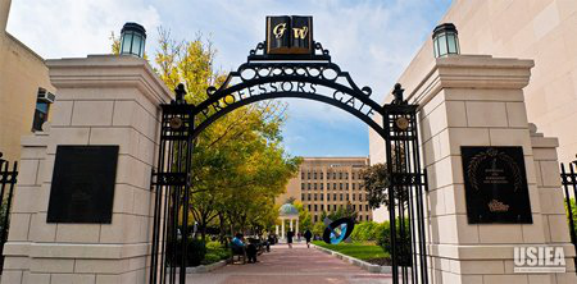
Source of Image: George Washington University
›› Summer Research Experience
Dates: July 1 – August 10, 2019
This hands-on program is designed for international students who are non-native English speakers to introduce them to concepts in cross-disciplinary research in a U.S. university. Students will engage with professionals to help solve problems in science and technology disciplines, as well as gain skills in research and writing techniques. In this program students will:
- Connect with professionals in research-focused institutions.
- Develop skills in problem analysis, literature research, teamwork, communication, and presentation.
- Develop research-based writing skills including vocabulary, source evaluation, documentation, and cohesiveness.
- Work in cross-disciplinary teams, using research methodologies to address issues and solve problems in areas such as statistics, computer science, mathematics, bioinformatics and more.
Two courses will be offered as part of the program:
Course One: Introduction to Data Science (3 credits)
This class covers the basic techniques of data science, algorithms for data mining and introductory statistical modeling. Students learn to apply data science principles to disciplines from the natural sciences to social sciences that are characterized by the need to manage and analyze big data sets.
Field professionals will provide real-world problems they are working to solve and students will work in groups to develop solutions. Typical areas of natural science include astrophysics, bioinformatics and mathematics. In social sciences, examples include economic forecasting, political campaign analytics and geographic information systems (GIS). As a result of the course, students will gain skills in problem analysis, research, team work and communication.
Course Two: English for Academic Purposes: Academic Writing & Research (3 credits)
This course teaches students the principles and practices associated with academic writing in U.S. higher education and supports the development of a specialized skill set for the interdisciplinary field of data science.
The premise of this course is that writing and communication are keys for success in both academic and professional life because they always occur with specific problems in mind. Through class activities and materials, students will be able to understand and analyze how writing and communication support typical problems and rhetorical situations in statistics and data science. Students will also learn how to assess and respond to communicative expectations of standard data science tasks, such as asking and documenting questions, describing and explaining data and discussing/presenting research on topics of their choice.
This course is taught by experienced faculty in the English for Academic Purposes (EAP) program, and the small class size offers many opportunities for students to interact with classmates and the professor in a supportive classroom environment.
Entry Requirements
›› Undergraduate and graduate students with excellent academic performance from USIEA’s partner universities.
›› Pre-Requisites: Students should have taken a course in introductory statistics. Programming experience is desirable, ideally with R. STEM courses are a plus.
›› TOEFL 80, or IELTS 6.0, or CET-4 493
›› Pre-Requisites: Students should have taken a course in introductory statistics. Programming experience is desirable, ideally with R. STEM courses are a plus.
›› TOEFL 80, or IELTS 6.0, or CET-4 493

